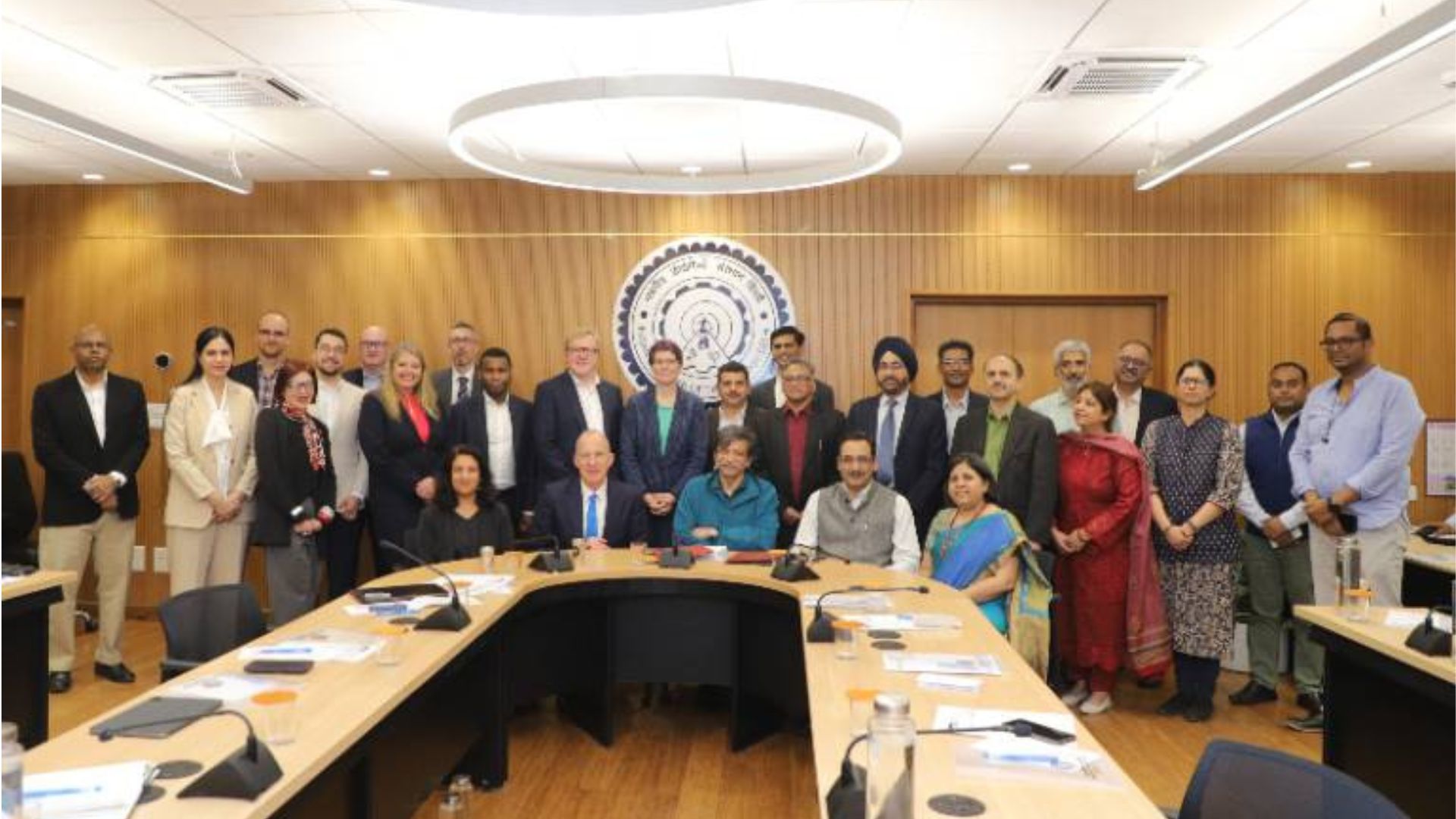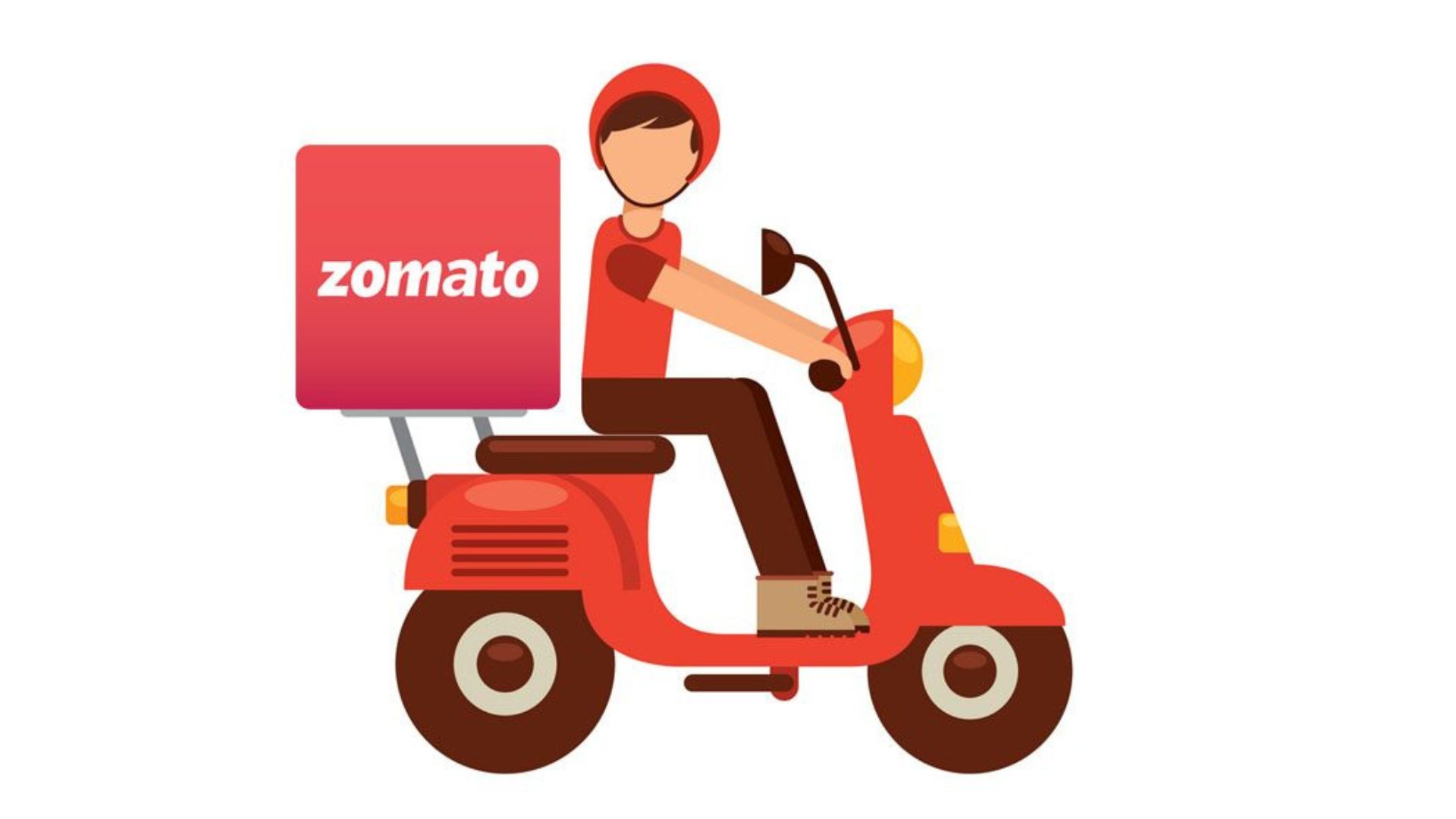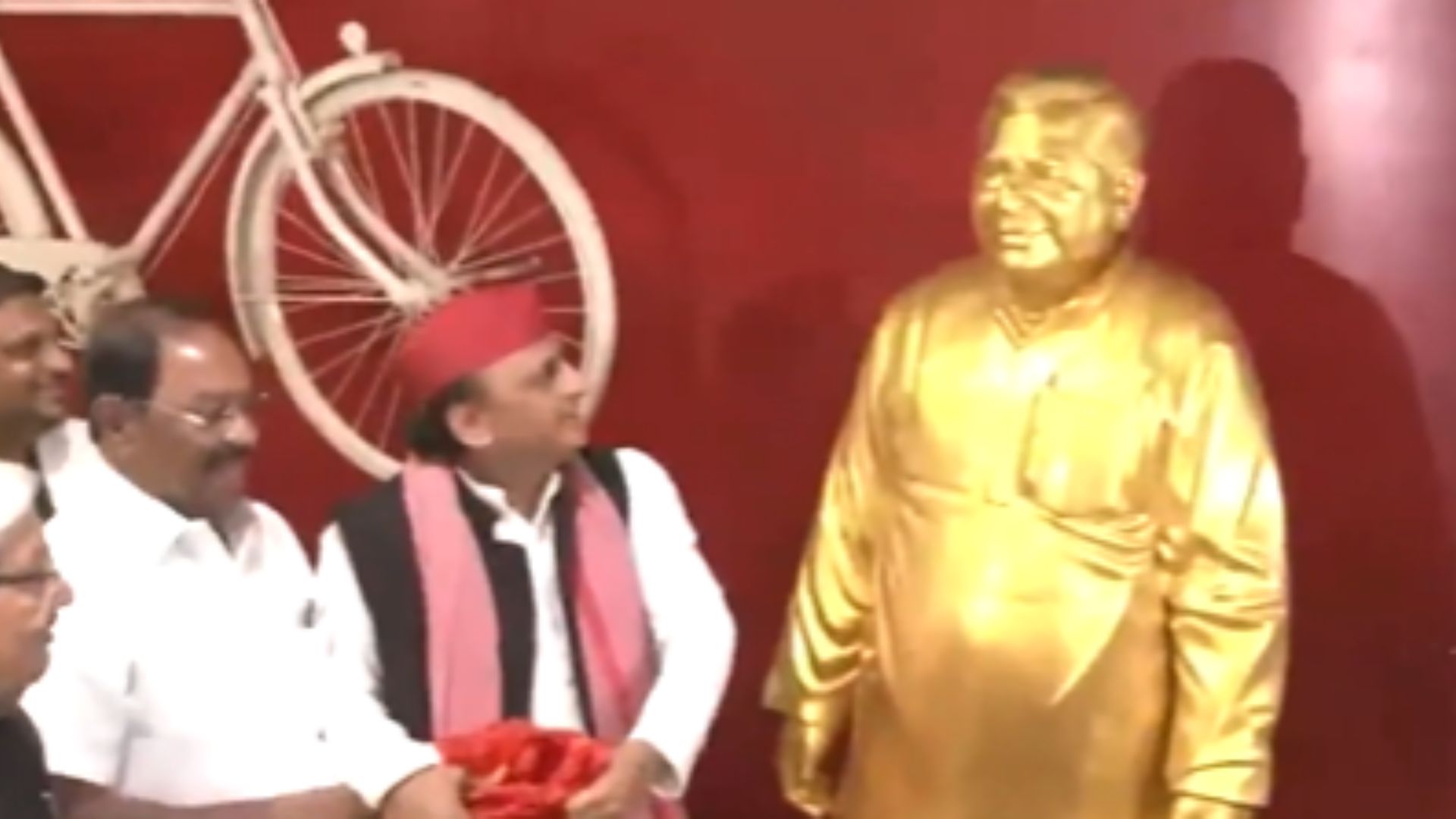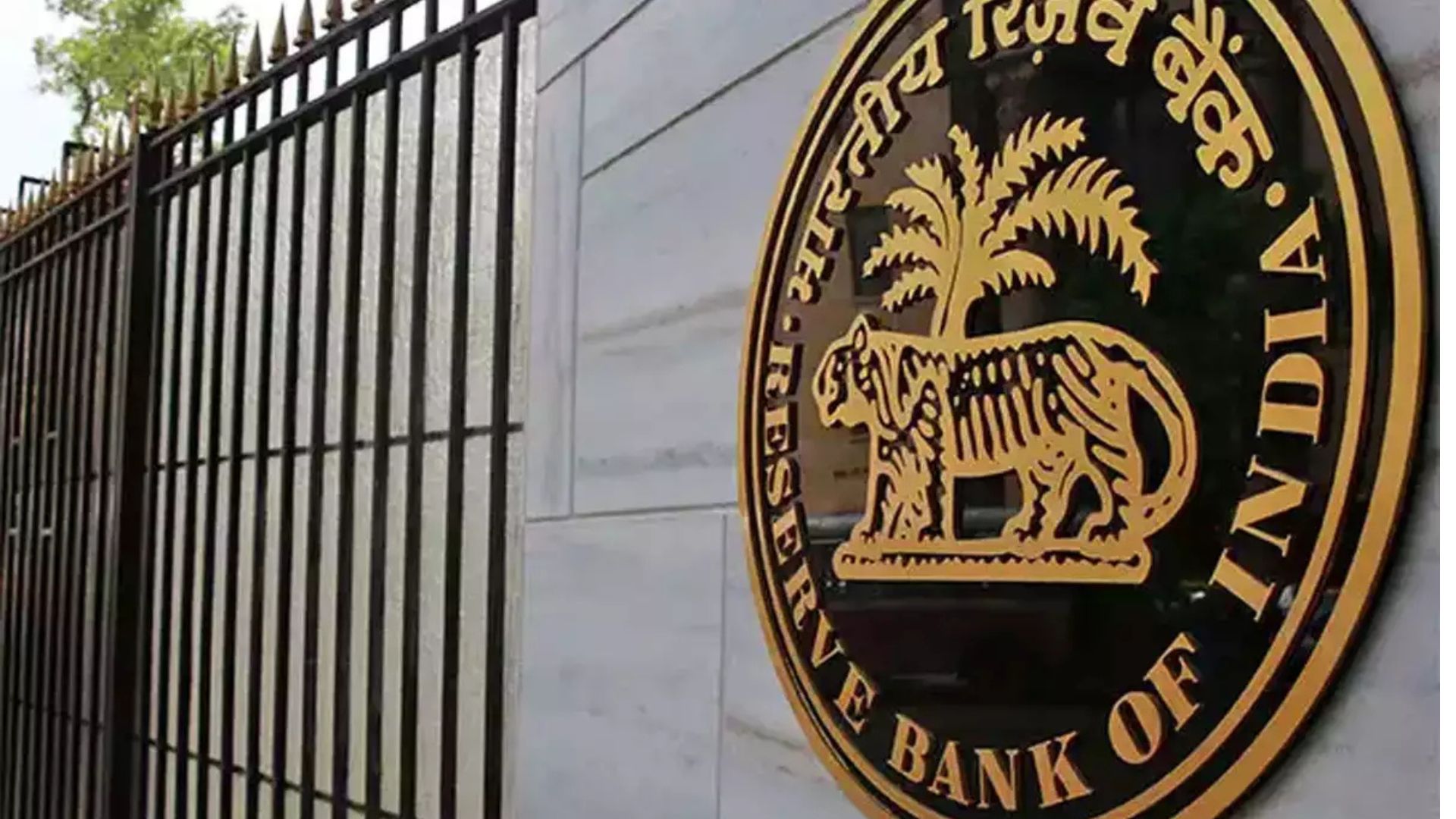
In a recent post on his platform X, Elon Musk urged people to cease donations to Wikipedia, alleging that it is “controlled by far-Left activists.” Musk’s remarks referenced a report by the U.S.-based website Pirate Wires, which accuses Wikipedia editors of coordinating a campaign to portray certain political narratives, including in the Israel-Palestine conflict.
The report from Pirate Wires alleges that around 40 Wikipedia editors have worked over recent years to “delegitimize Israel” and present certain fringe views as mainstream. One cited example includes the removal of references to the Hamas 1988 charter, which included language calling for the elimination of Israel.
In India, Wikipedia’s editing model has also come under fire. Wikipedia’s “super editors,” or long-term users with the power to lock entries, have been accused of manipulating content to support specific narratives. The Delhi High Court has also questioned Wikipedia’s open-edit model, raising concerns over the platform’s susceptibility to potential bias.
The Delhi High Court recently issued a contempt notice to Wikipedia after ANI, one of India’s largest news agencies, accused the platform of allowing malicious edits on its page. ANI’s defamation lawsuit, filed last month, demanded Rs 2 crore in damages for what it deemed an attack on its credibility.
Amid controversies on multiple fronts, Wikipedia’s credibility is facing heightened scrutiny from public figures like Musk and national governments. As the debate continues, questions arise about the impact of open-edit platforms on public narratives in complex geopolitical landscapes.















